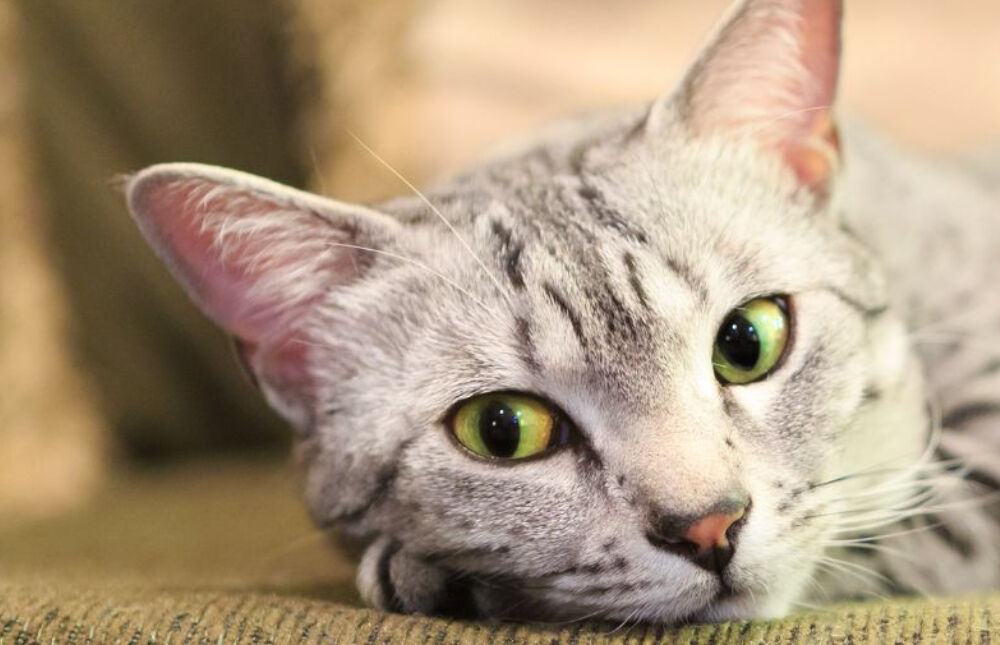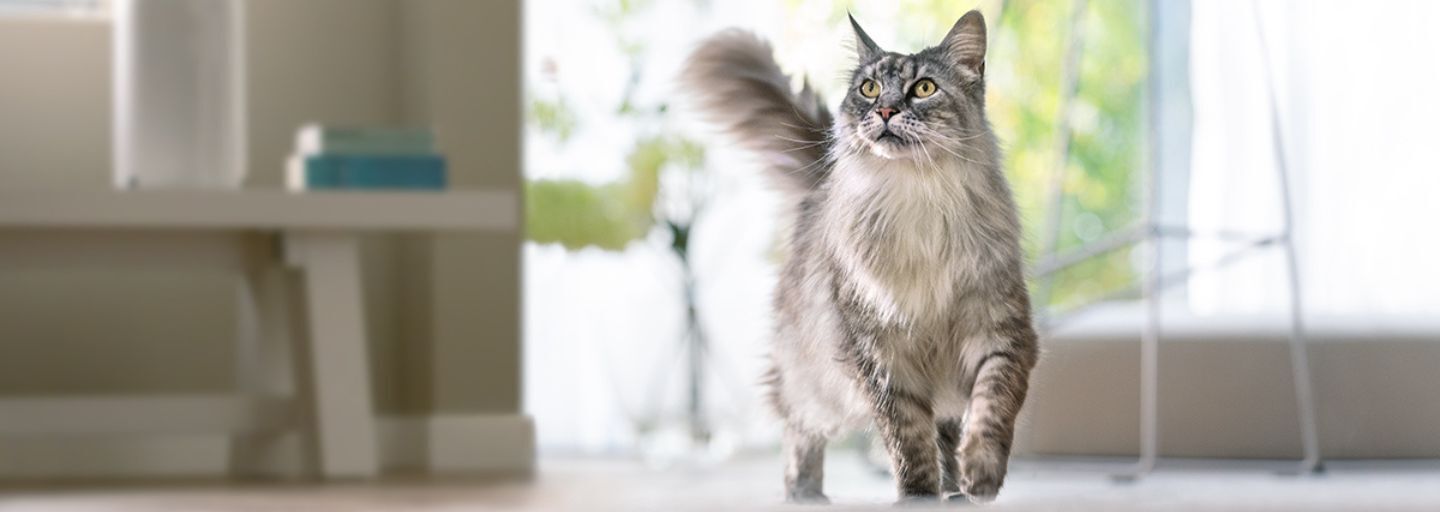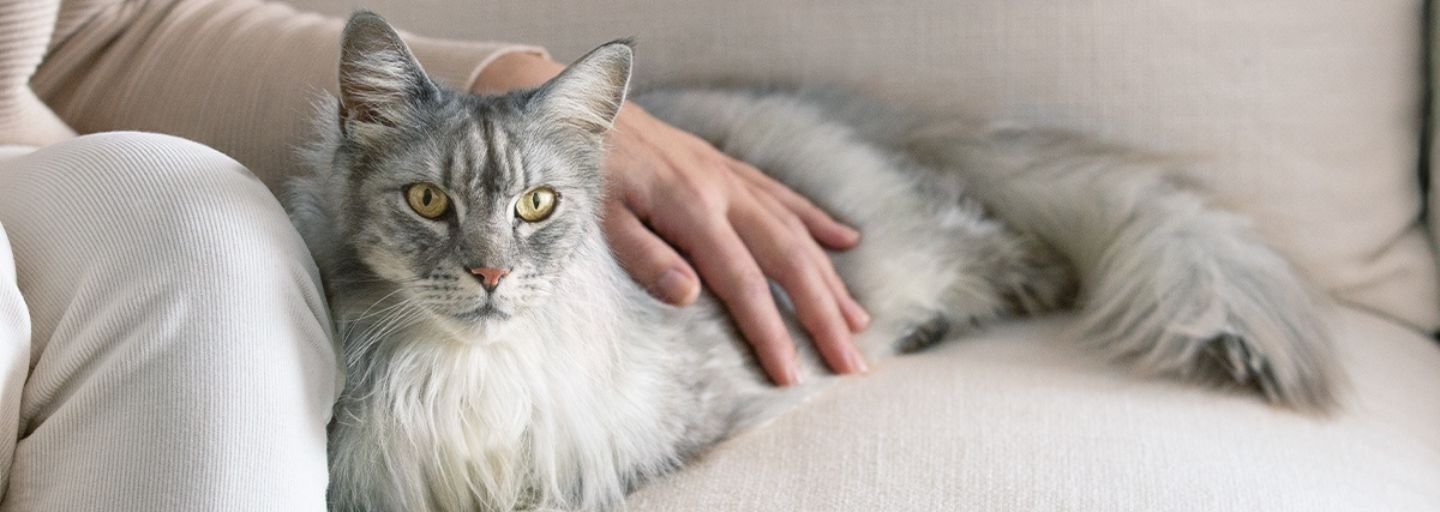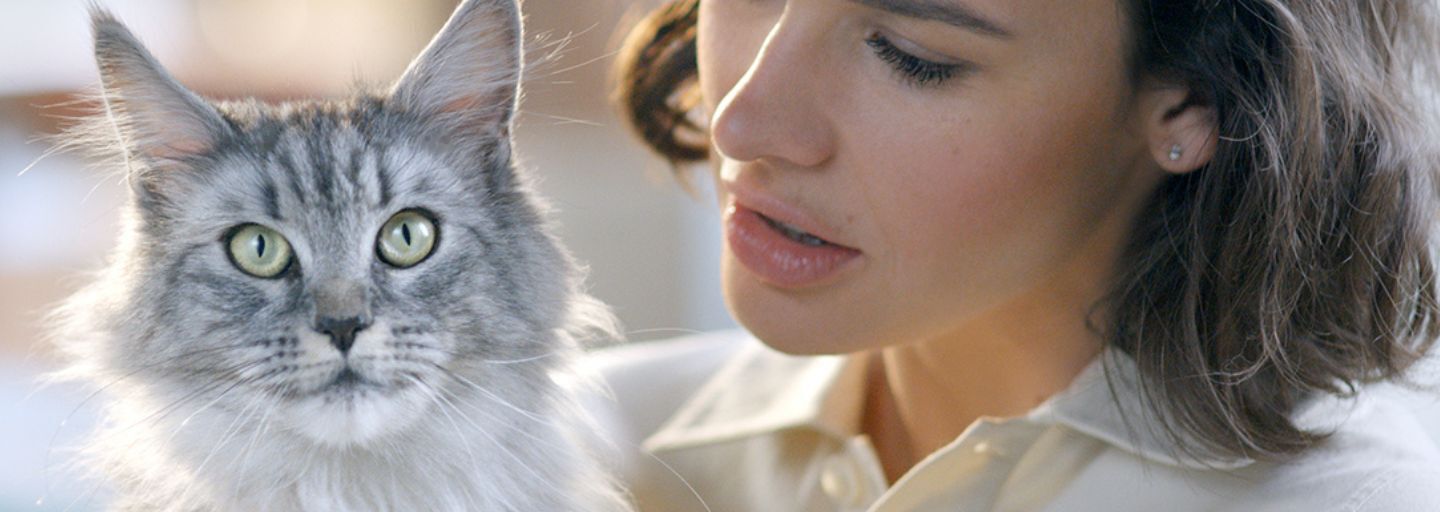Is your cat refusing to use the litter box, leaving you with a messy and unpleasant situation to clean up? It's important to understand that the problem may not be due to a lack of training. Here are several factors to consider when addressing your cat's litter box issues. However, if the problem persists despite your efforts, it's crucial to consult with a veterinarian to rule out any underlying medical issues that may be causing your cat's aversion to the litter box.
Cleanliness
Cats are naturally clean and hygienic creatures. If the litter box is dirty or has an unpleasant odour, your cat may be avoiding it. To meet your cat's cleanliness standards, it's important to scoop the litter box daily and conduct a complete clean every few days. Remove any clumps or waste promptly and replace the litter as needed. When cleaning the litter box, use unscented soap and water to wash it thoroughly, ensuring that you rinse it well to remove any residue. Avoid using strong-smelling cleaning products or disinfectants, as these can deter your cat from using the litter box.
Box Type
The type of litter box you choose can greatly impact your cat's willingness to use it. Cats have different preferences when it comes to litter box design. Some cats prefer open litter boxes, while others may feel more secure in a covered box. It's important to observe your cat's behaviour and preferences to determine which type of litter box they prefer. Additionally, consider the size of the litter box. It should be large enough for your cat to comfortably turn around and dig. If you have multiple cats, provide enough litter boxes to avoid competition and ensure that each cat has their own space.
Litter
The type of litter you use can also influence your cat's litter box habits. Cats have different preferences when it comes to litter texture and scent. Experiment with different types of litter, such as clumping, non-clumping, or natural alternatives like wood pellets or recycled paper. Observe how your cat reacts to each type and choose the one they seem most comfortable with. It's important to note that sudden changes in litter type can also cause litter box aversion, so make any transitions gradually by mixing the new litter with the old one.
Location
The location of the litter box plays a significant role in whether your cat will use it. Cats prefer privacy and a quiet environment when using the litter box. Place the litter box in a low-traffic area of your home where your cat feels safe and secure. Avoid placing it near loud appliances, such as washing machines or dryers, as the noise can startle your cat and discourage them from using the litter box. If you have multiple floors in your home, consider placing a litter box on each level to provide easy access for your cat.
Stress and Anxiety
Stress and anxiety can also contribute to litter box issues. Cats are sensitive creatures and may avoid the litter box if they feel threatened or anxious. Changes in the household, such as moving to a new home, the addition of a new pet, or changes in routine, can trigger stress in cats. Provide a calm and stable environment for your cat and consider using pheromone diffusers or calming aids to help reduce their anxiety. If necessary, consult with a veterinarian or a professional animal behaviorist for guidance on managing your cat's stress.
Medical Issues
If your cat's litter box aversion persists despite your efforts to address the above factors, it's important to consider that there may be an underlying medical issue. Urinary tract infections, bladder stones, or other medical conditions can cause discomfort or pain during urination, leading to litter box avoidance. Additionally, older cats may develop arthritis or other mobility issues that make it difficult for them to access the litter box. If you suspect a medical issue, it's crucial to consult with a veterinarian for a thorough examination and appropriate treatment.





